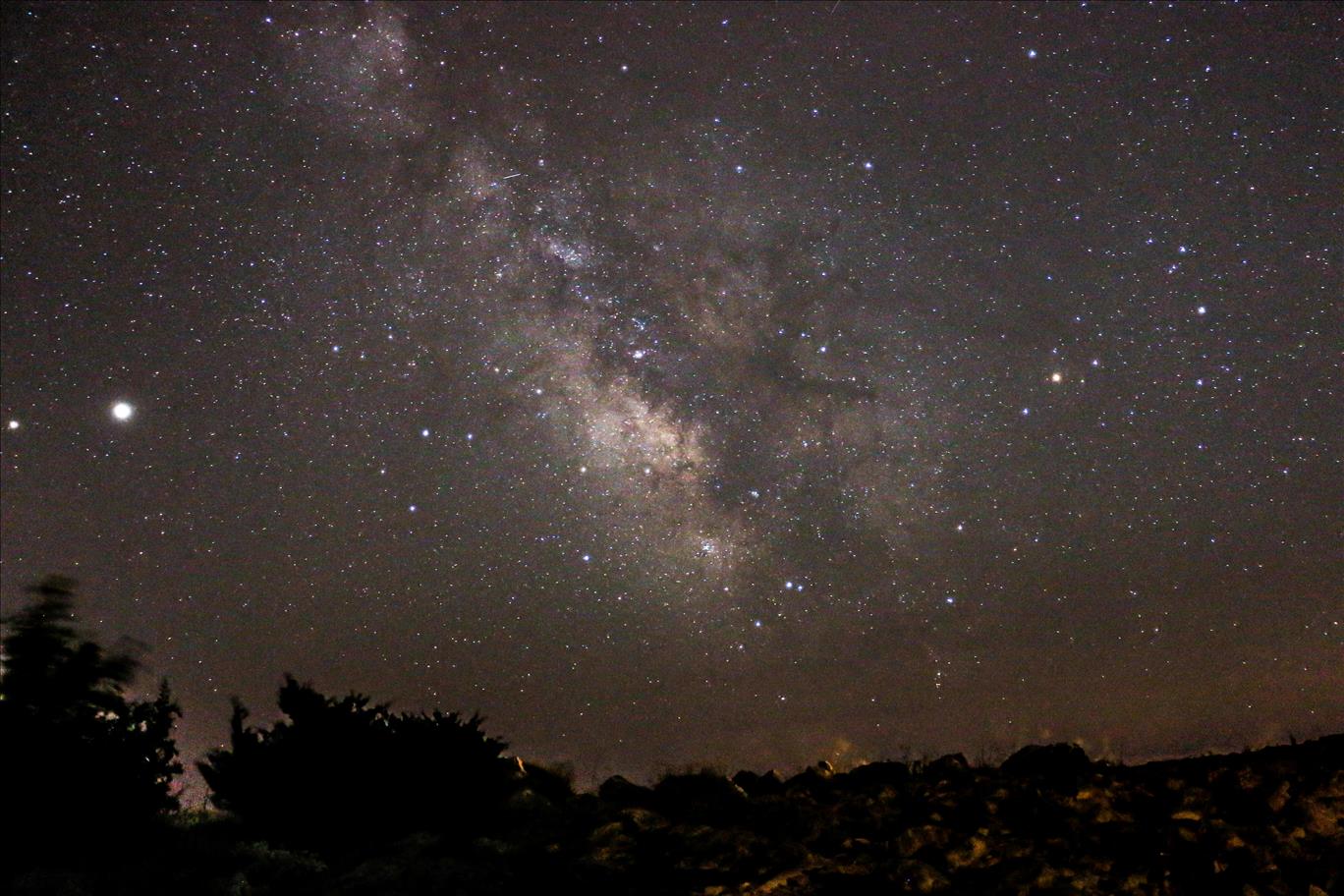
403
Sorry!!
Error! We're sorry, but the page you were looking for doesn't exist.
Study Suggests Universe’s Expansion May Already Be Slowing
(MENAFN) A recent investigation proposes that the universe might no longer be rapidly expanding, and that cosmic growth could already be decelerating—challenging one of the most deeply held principles of modern cosmology.
The findings were revealed on Thursday in the Monthly Notices of the Royal Astronomical Society.
“Our study shows that the universe has already entered a phase of decelerated expansion at the present epoch and that dark energy evolves with time much more rapidly than previously thought,” explained Professor Young-Wook Lee from Yonsei University in South Korea, who directed the research.
He further stated, “If these results are confirmed, it would mark a major paradigm shift in cosmology since the discovery of dark energy 27 years ago.”
For almost thirty years, researchers have assumed that the universe’s expansion was speeding up due to dark energy—a mysterious power that led to the 2011 Nobel Prize in Physics.
However, Lee’s group found no solid proof that this acceleration is still taking place.
Through a detailed examination of 300 galaxies, the scientists determined that the supernovae used to gauge cosmic distances—long regarded as reliable “standard candles”—actually display variations in brightness based on the age of the stars within their host galaxies.
Once the researchers adjusted for this bias, the results no longer supported the conventional cosmological model (ΛCDM). Instead, they aligned with the findings from the Dark Energy Spectroscopic Instrument (DESI) project, which suggest that dark energy is gradually diminishing.
“In the DESI project, results showed the universe would decelerate in the future,” Lee remarked. “By contrast, our analysis shows it has already entered a decelerating phase today.”
The findings were revealed on Thursday in the Monthly Notices of the Royal Astronomical Society.
“Our study shows that the universe has already entered a phase of decelerated expansion at the present epoch and that dark energy evolves with time much more rapidly than previously thought,” explained Professor Young-Wook Lee from Yonsei University in South Korea, who directed the research.
He further stated, “If these results are confirmed, it would mark a major paradigm shift in cosmology since the discovery of dark energy 27 years ago.”
For almost thirty years, researchers have assumed that the universe’s expansion was speeding up due to dark energy—a mysterious power that led to the 2011 Nobel Prize in Physics.
However, Lee’s group found no solid proof that this acceleration is still taking place.
Through a detailed examination of 300 galaxies, the scientists determined that the supernovae used to gauge cosmic distances—long regarded as reliable “standard candles”—actually display variations in brightness based on the age of the stars within their host galaxies.
Once the researchers adjusted for this bias, the results no longer supported the conventional cosmological model (ΛCDM). Instead, they aligned with the findings from the Dark Energy Spectroscopic Instrument (DESI) project, which suggest that dark energy is gradually diminishing.
“In the DESI project, results showed the universe would decelerate in the future,” Lee remarked. “By contrast, our analysis shows it has already entered a decelerating phase today.”

Legal Disclaimer:
MENAFN provides the
information “as is” without warranty of any kind. We do not accept
any responsibility or liability for the accuracy, content, images,
videos, licenses, completeness, legality, or reliability of the information
contained in this article. If you have any complaints or copyright
issues related to this article, kindly contact the provider above.


















Comments
No comment